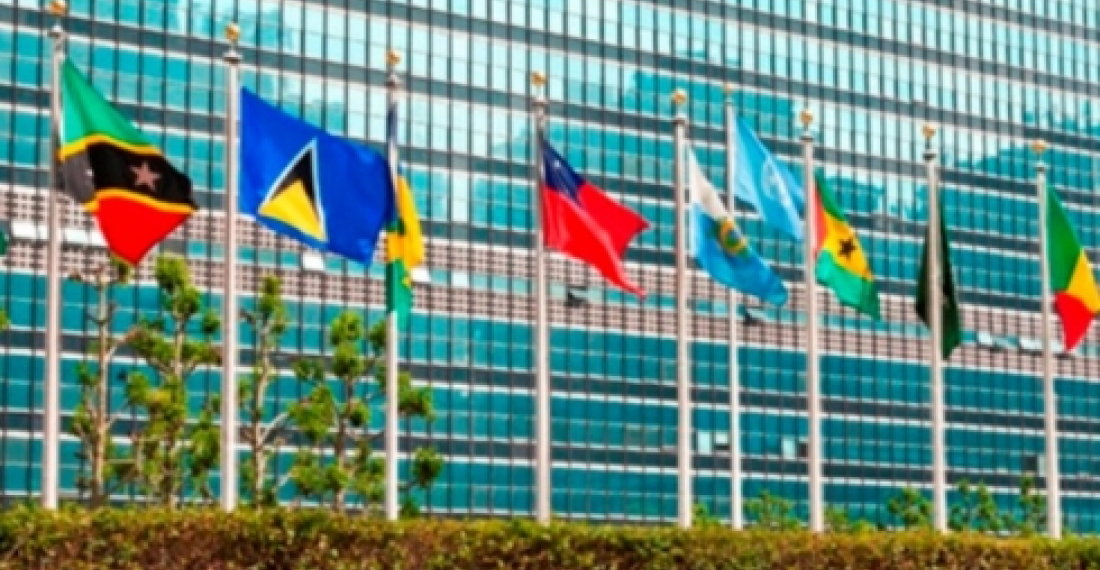В кулуарах Генеральной Ассамблеи Организации Объединенных Наций в Нью-Йорке, которая состоится в следующем месяце, встречи президентов Армении и Азербайджана не будет. Однако, сопредседатели Минского процесса ОБСЕ по-прежнему надеются, что они смогут собраться вместе с министрами иностранных дел двух стран для перезагрузки переговоров по мирному урегулированию нагорно-карабахского конфликта.
Сопредседатель Минского процесса ОБСЕ от США, посол Джеймс Уорлик, сообщил азербайджанскому агентству АПА следующее: "Мы с нетерпением ждем встречи с главами МИД Азербайджана и Армении в сентябре на заседании Генеральной Ассамблеи ООН в Нью-Йорке и обсуждения развития переговорного процесса. Для решения конфликта мирным путем имеется потребность в новых обязательствах, подготовленных на самом высоком уровне."
В последний раз президенты Армении и Азербайджана встречались, чтобы обсудить карабахский конфликт в Вене в ноябре 2013 года. Несмотря на усилия сопредседателей организовать еще одну встречу не удалось, хотя были встречи с двумя министрами иностранных дел. Все это свидетельствует об отсутствии прогресса в переговорах. Ранее в этом году были предположения, что президенты двух стран возможно встретятся в Нью-Йорке, но уже очевидно, что этого не будет.
источник: commonspace.eu
фото: Штаб-квартира Организации Объединенных Наций, Нью-Йорк (фото из архива)






